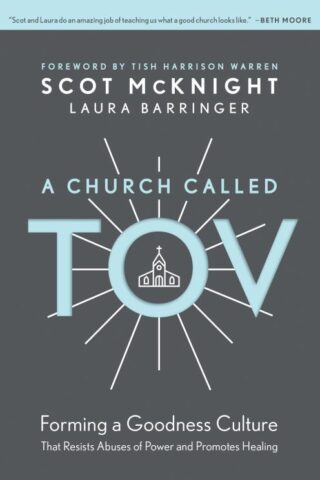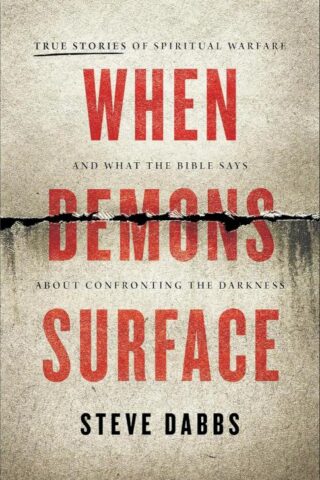Scot McKnight
Showing the single result
-
Church Called Tov
$22.99What is the way forward for the church?
Tragically, in recent years, Christians have gotten used to revelations of abuses of many kinds in our most respected churches-from Willow Creek to Harvest, from Southern Baptist pastors to Sovereign Grace churches. Respected author and theologian Scot McKnight and former Willow Creek member Laura Barringer wrote this book to paint a pathway forward for the church.
We need a better way. The sad truth is that churches of all shapes and sizes are susceptible to abuses of power, sexual abuse, and spiritual abuse. Abuses occur most frequently when Christians neglect to create a culture that resists abuse and promotes healing, safety, and spiritual growth.
How do we keep these devastating events from repeating themselves? We need a map to get us from where we are today to where we ought to be as the body of Christ. That map is in a mysterious and beautiful little Hebrew word in Scripture that we translate “good,” the word tov.
In this book, McKnight and Barringer explore the concept of tov-unpacking its richness and how it can help Christians and churches rise up to fulfill their true calling as imitators of Jesus.
Add to cartin stock within 3-5 days of online purchase






